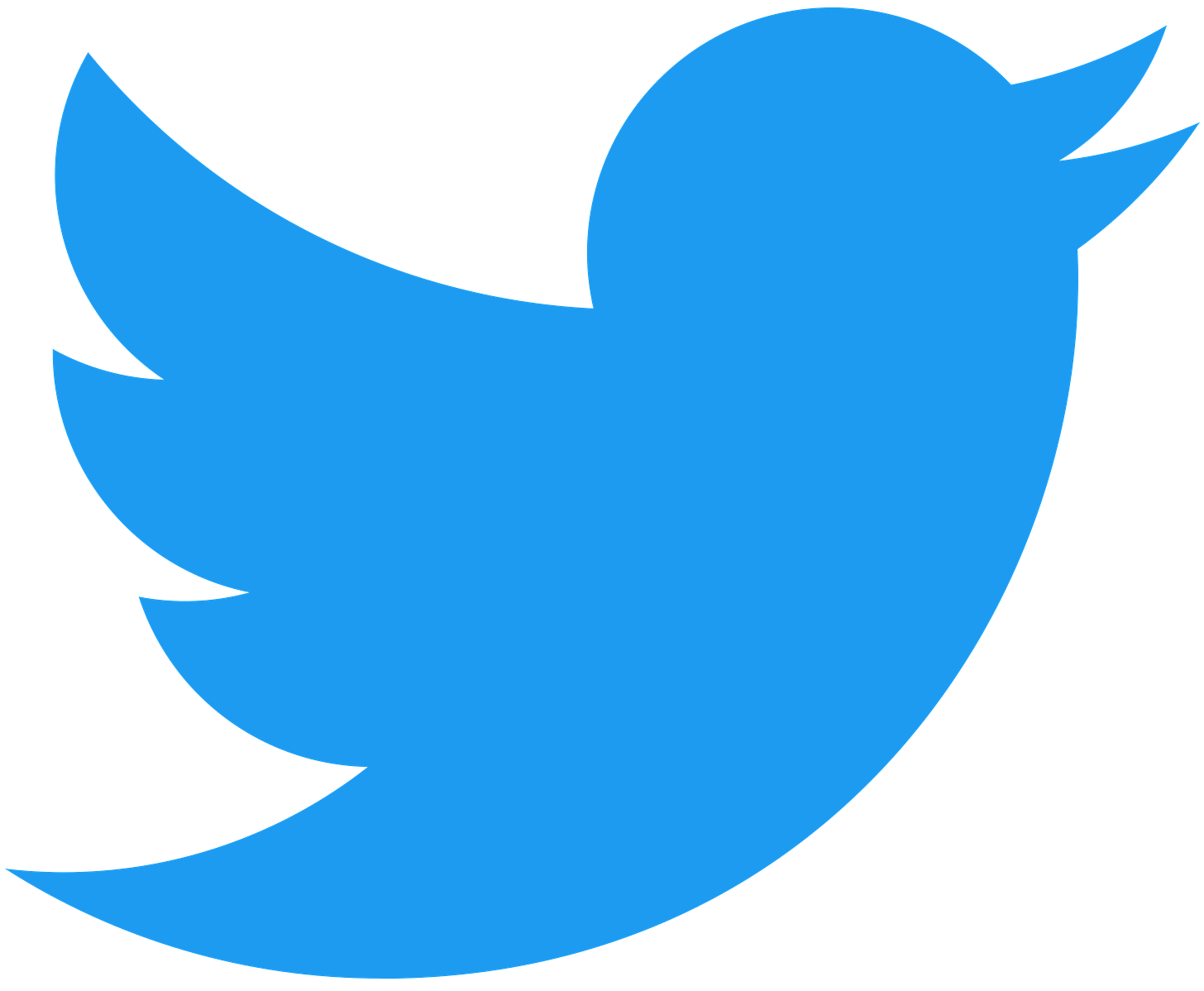Deal For Musk's Twitter Takeover Only Heightens Need For Media Regulation, Columnist Says
“No matter who owns or runs Twitter, the president has long been concerned about the power of large social media platforms,” White House says
Elon Musk's surprise, pending deal to purchase all of Twitter for $44 billion and convert the social media giant to a privately held company only elevated the need for enhanced regulation of media.
This is according to an author, journalist and podcaster, who himself has a sizable following on Twitter.
After weeks of “Will he or won't he?” regarding the billionaire industrialist's position relative to Twitter, the social media provider said that the transaction for Musk to buy it outright was unanimously approved by its board of directors.
The 11-member board includes Twitter co-founder and former CEO Jack Dorsey, who has been planning to step down from the board in May. Twitter said the deal is expected to close sometime this year and is subject to the approval of Twitter stockholders and regulators.
The CEO of electric vehicle maker Tesla, Musk is also the world’s richest man.
White House press secretary Jen Psaki was asked about the Musk deal at Monday's regular briefing.

“No matter who owns or runs Twitter, the president has long been concerned about the power of large social media platforms,” Psaki responded.
But David Rothkopf — author, columnist for The Daily Beast, host of Deep State Radio and a member of the board of contributors at USA Today — went even further, somewhat ironically with a discussion thread aimed at his nearly 268,000 followers on Twitter.

“The richest guy on the 2021 Forbes 400 owns the Washington Post. Number 2 now owns Twitter. Number 3 owns Facebook. Numbers 5 and 6 started Google. Numbers 4 and 9 started Microsoft. Number 10 owns Bloomberg. Free speech? You decide,” Rothkopf tweeted, highlighting the state of American media concentrated in the hands of the few ultra-wealthy, such as Jeff Bezos at The Washington Post, Mark Zuckerberg at Facebook, Bill Gates and Steve Ballmer at Microsoft, and now Musk at Twitter.
This media consolidation is even more toxic, given the unregulated and permissive environment for money-in-politics which has followed the Supreme Court's 2010 Citizens United decision, according to Rothkopf.
“Combine this w/the Citizens United formula that money equals speech & so those w/the most money are entitled to the most speech, lack of campaign finance regulation & pols who depend on [money] to hold power & you've got a country sinking ever deeper into the quicksand of corruption,” he tweeted.
Musk’s promise that his purchase will improve freedom of speech on Twitter rings hollow, Rothkopf argued.
“So, if you're just an average American who thinks somehow Musk or some other billionaire is going to enhance the voice of the little guy on the Internet, you are a hopeless sucker who's not paying attention,” he posted. “And if you think that the trend toward control of public forums by billionaires is not linked to growing inequality and will not produce more of it, more division, more reshaping the narrative to suit those holding the purse strings, you deserve what's coming.”

Consumers, Rothkopf said, “deserve better.”
“And the place that starts is to set basic rules for public forums as we have in media for years--from truth in advertising to libel laws to the late lamented Fairness Doctrine,” he wrote. “Clearly, one of the great looming public policy challenges is going to be creating next generation regulations that protect society from hate, division, disinformation and corruption. Musk's purchase of Twitter only makes that more urgently needed.”
Do you find this post of value?
Please consider supporting our work by joining our Patreon for as little as $5…



